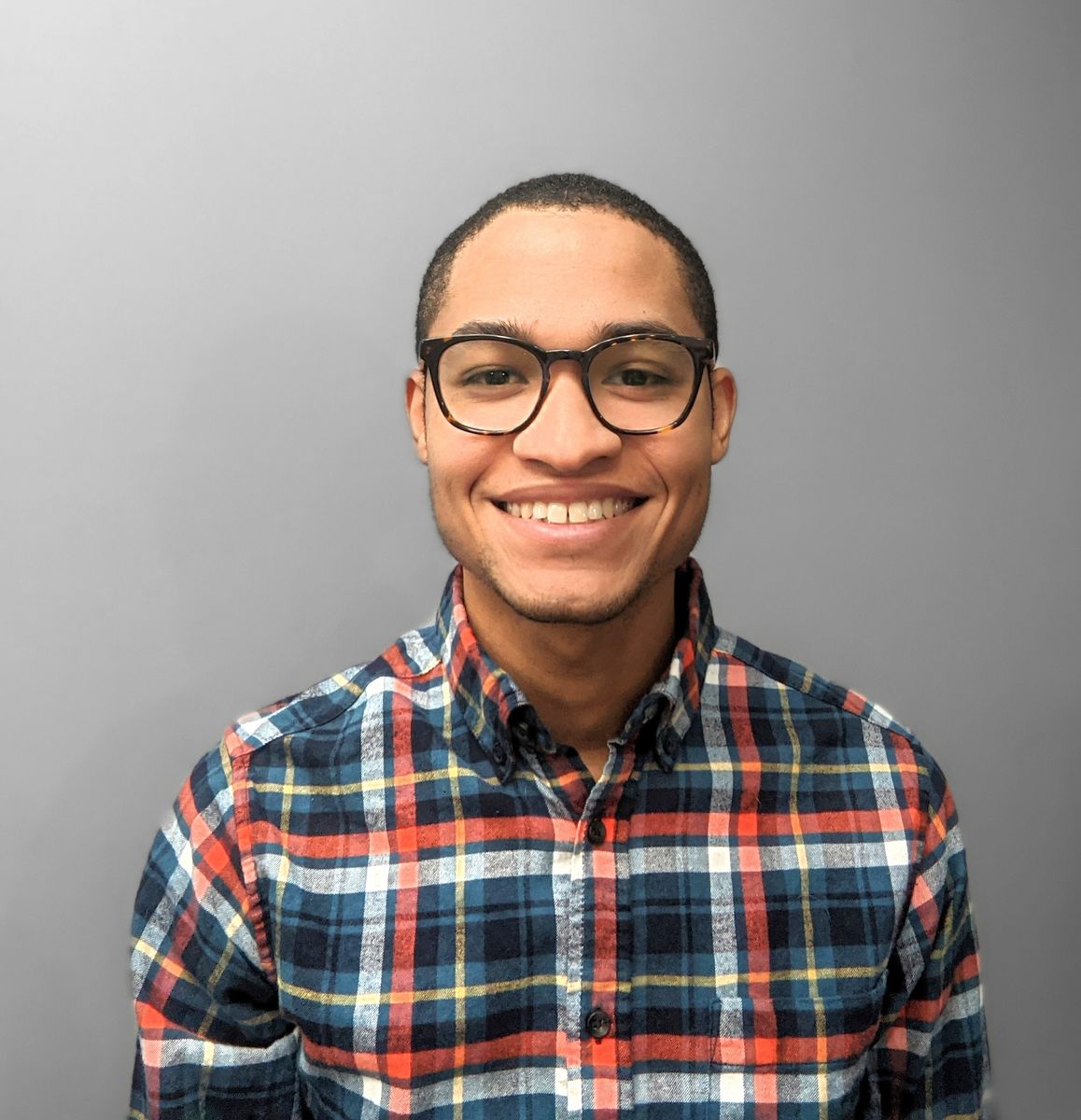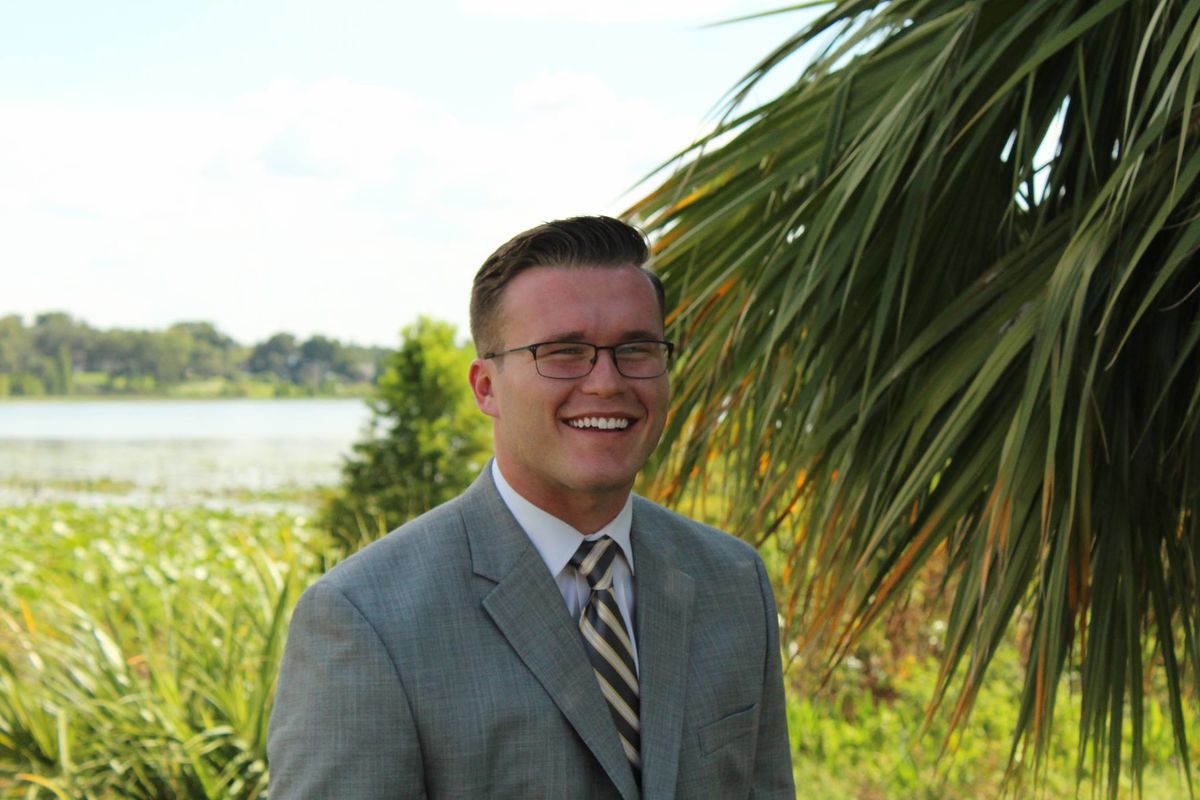Introducing our theological interns
Two new interns join Church and Society for the 2021-2022 school year
As we enter into the fall we are glad to welcome a new cohort of theological interns who will be connecting their theological studies to the work of Church and Society. They are committed to putting their faith convictions and care for God’s people and earth into action!
By way of tradition, we invite each intern to introduce themselves, share their home community, the experiences that lead them to this work, and their personal goals. Ed White and Wyatt Robinson have crafted these personal bios as they begin, be sure to follow their experience in future blog posts.
Ed White

I am a candidate for ordained ministry in the Florida Annual Conference and a second-year MDiv student at Candler School of Theology in Atlanta. This year I have been given the opportunity to work with and learn from the General Board of Church and Society as my Contextual Education II placement site. I hope to expand my knowledge for change and ministry through this year-long experience.
This blog post offers a brief introduction of my life and why I am working with Church and Society.
I was born in 1992 into a binational, bilingual household. My mother is from Mexico and my father is a Black man from Cleveland, Ohio. I was raised in a charismatic, Spanish-speaking, Pentecostal church in Lakeland, Florida. The first time I read scripture was in Spanish. Although my goal has changed, I decided I wanted to be a pastor at the age of ten.
I earned my bachelor’s degree from Florida Southern College in my hometown and majored in philosophy and religion. I learned a lot from my professors, but the most impactful lesson was the importance of a socially engaged church concerned about people’s suffering inside congregations and outside.
After graduation, I applied to become a Global Mission Fellow through the General Board of Global Ministries. I was accepted and sent to work with several different migrant ministries in Tijuana, Baja, California. I worked in three various deportee shelters as well as led worship each Sunday for the Binational Border Church that took place at the United States-Mexico wall. I became increasingly more aware of my privilege as a U.S. citizen and the injustice that I would never have to suffer.
After returning to the states, I became a community organizer with Direct Action and Research Training (DART) in Miami, Florida. While there, I was part of a small team that organized over 30 different congregations to hold Direct Actions with local politicians. We sought solutions for issues around immigrant exploitation, gun violence, and education.
Through it all, I recognized the necessity for powerful coalitions and collaborations from various stakeholders in the community. The magnitude of social problems will not be corrected by any one church or denomination alone. An efficient path to justice will always involve interactions between the secular world and those of the church who seek justice.
That is why I have been called and am continuously being called to engage the church in social justice initiatives. My identity as a Black-Mexican American mixed with the love God has shown me has given me the desire to see a world where justice rolls. I hope to be ordained as a Deacon in the UMC to help the church continue to be engaged in a powerful and meaningful way with global migration and the protection of migrants.
Wyatt Robinson

I am beyond thrilled to have the opportunity to join in the work of the General Board of Church and Society for the next year as a theological intern. I’ll be serving in this role remotely from my home in Boston, Massachusetts where I am entering the final year of my Masters of Theological Studies degree program at Boston University School of Theology. Boston is one of many places I call “home” across the country. I’m a candidate for ministry in the Florida Annual Conference and a member of First United Methodist Church of Lakeland, Florida where I lived and served for 4 years. Prior to moving to Boston, I served as the Director of Family Ministries at First United Methodist Church of Boca Raton, Florida. But my true home and the place from which I hail is the small town of Petersburg, Illinois where I was formed by the wonderful faith community of Petersburg United Methodist Church.
Over the next year, I’ll be working primarily on issues pertaining to environmental justice. My passion for this policy area stems from both my personal experiences as well as the convictions of my faith. As a matter of personal experience, I was raised in the heart of the Midwest in rural Central Illinois, which instilled in me an intrinsic understanding that nature is an extension of my neighbor and to care for the environment was inextricably an act of care for my neighbor. This sense of care for creation is an extension of care for my neighbor gives me a heightened sense of alarm when I look upon our world and see the devastating impacts of one environmental crisis after another; particularly how these crises affect the marginalized in our society who are most vulnerable to bear the full brunt of climate changes impacts on our world. This personal concern continues to serve as a passionate fuel source for my studies and the work I’ll be doing with Deputy General Secretary Hill during my time with Church and Society.
As a matter of faith, it’s undeniable that God has a deep care for the natural world from the very outset of creation, as we see in Genesis 2 when God places humanity in nature in order that we would “take care of it.” As our world moves rapidly toward one impending climate disaster after another, Christians must be honest about how the fragile state of our climate is due in part to our abdication of this first responsibility that God gave to humanity. Instead, we have fallen victim to bad theologies that have taught us that the world God created is ours to dominate, believing the world to come is more important than the world we currently inhabit. It’s my hope that the United Methodist Church will continue to faithfully engage in the work of creation care even more intentionally in the ways that we order our churches, care for our communities, and engage the systems and policies of our society.